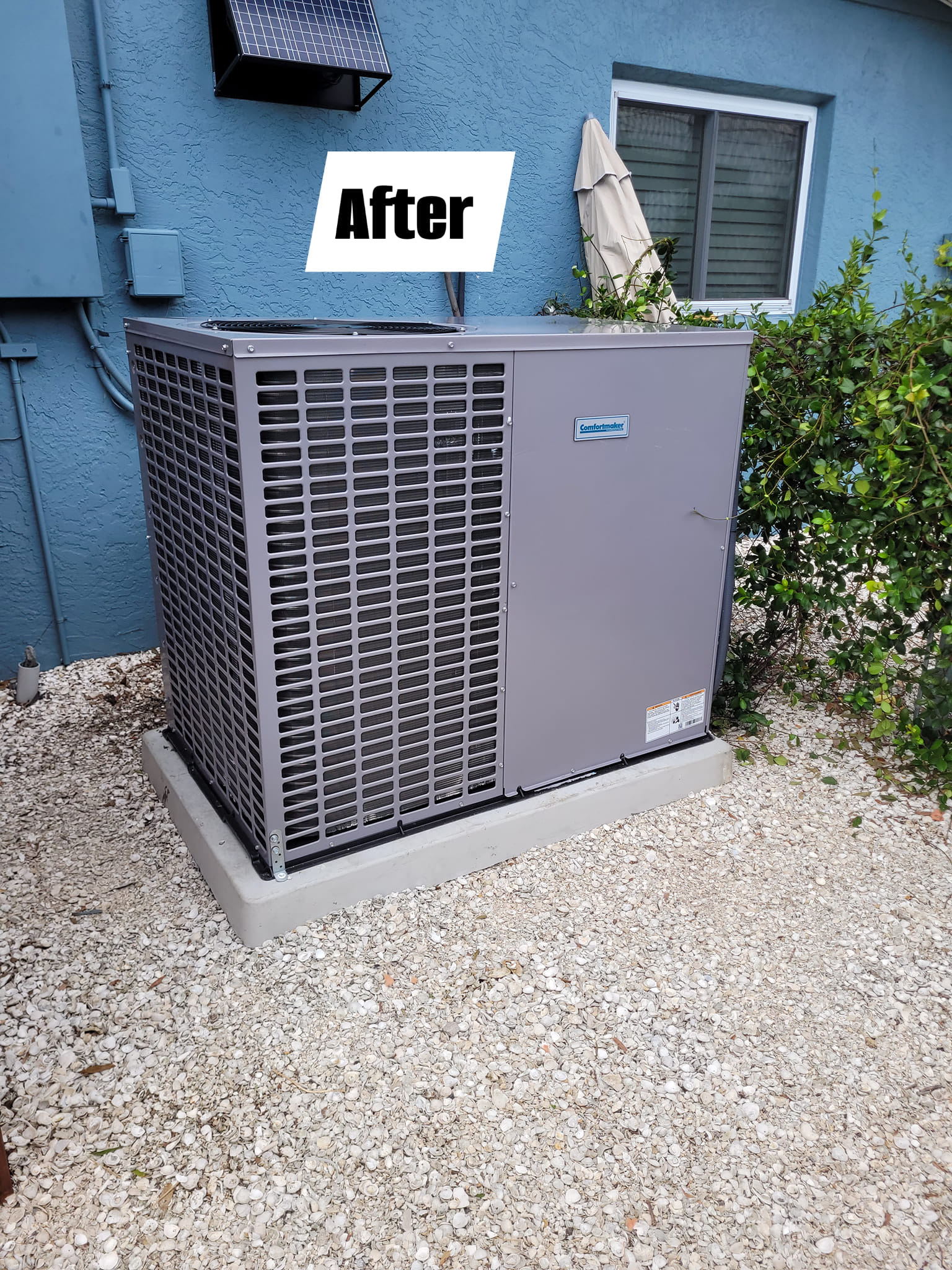
Understanding SEER Ratings: How to Choose Efficient Units for Your Home Oct 03, 2025
SEER, or Seasonal Energy Efficiency Ratio, measures the cooling efficiency of an air conditioner or heat pump. It is calculated by dividing the cooling output during a typical cooling-season by the total electric energy input during the same period. A higher SEER rating signifies greater energy efficiency. The U.S. Department of Energy has minimum SEER requirements, and units with a SEER rating of 14 or higher are often recommended for their efficiency and cost savings.
When selecting an HVAC unit, understanding the performance and benefits associated with different SEER ratings is crucial. Units with higher SEER ratings generally consume less electricity, which translates to lower energy bills over the long run. For instance, upgrading from a unit with a SEER of 10 to one with a SEER of 16 can reduce your home's cooling costs significantly. This efficiency translates into both immediate savings and long-term financial benefits, especially as energy costs continue to rise.
While high SEER ratings are desirable, it's important to consider your local climate and usage patterns. For homeowners in regions with mild summers, a moderately high SEER rating may suffice. However, in hotter climates, investing in a unit with a higher SEER can lead to substantial savings. It's also worth considering the initial cost of high-SEER units, which tend to be more expensive upfront but often pay off in operational savings and potential rebates from local energy companies.
Another factor to consider is the size and layout of your home. Units that are too large or too small for your space can lead to inefficiencies and added wear and tear over time. Consulting with HVAC professionals, like those at EPS Heating and Cooling LLC, can help ensure that the unit you select is properly sized and suited for your specific needs. Our experts can guide you through the process, ensuring that your choice balances efficiency and budget appropriately.
Moreover, it's crucial to remember that efficiency goes beyond the SEER rating. Proper installation and regular maintenance are key to ensuring your HVAC system operates at its peak performance. Investing in regular tune-ups and timely repairs will help maintain efficiency and extend the lifespan of your unit, ensuring it serves your home effectively and economically for years to come.
In conclusion, understanding SEER ratings is an essential part of selecting an efficient HVAC unit for your home. While higher SEER ratings promise greater energy efficiency and savings, it's important to weigh these benefits against factors like climate, initial costs, and proper sizing. By taking a comprehensive approach and consulting with professionals, you can make an informed decision that meets your comfort needs and financial goals. At EPS Heating and Cooling LLC, we're here to assist you in navigating these choices to ensure your home is both comfortable and energy efficient.
/filters:no_upscale()/filters:format(webp)/media/0bb9ac87-b59f-4fad-abfa-a192be83fd2e.jpeg)
/filters:no_upscale()/filters:format(webp)/media/f8c91087-0b40-494d-9dcc-ba7f5f752cb2.jpeg)